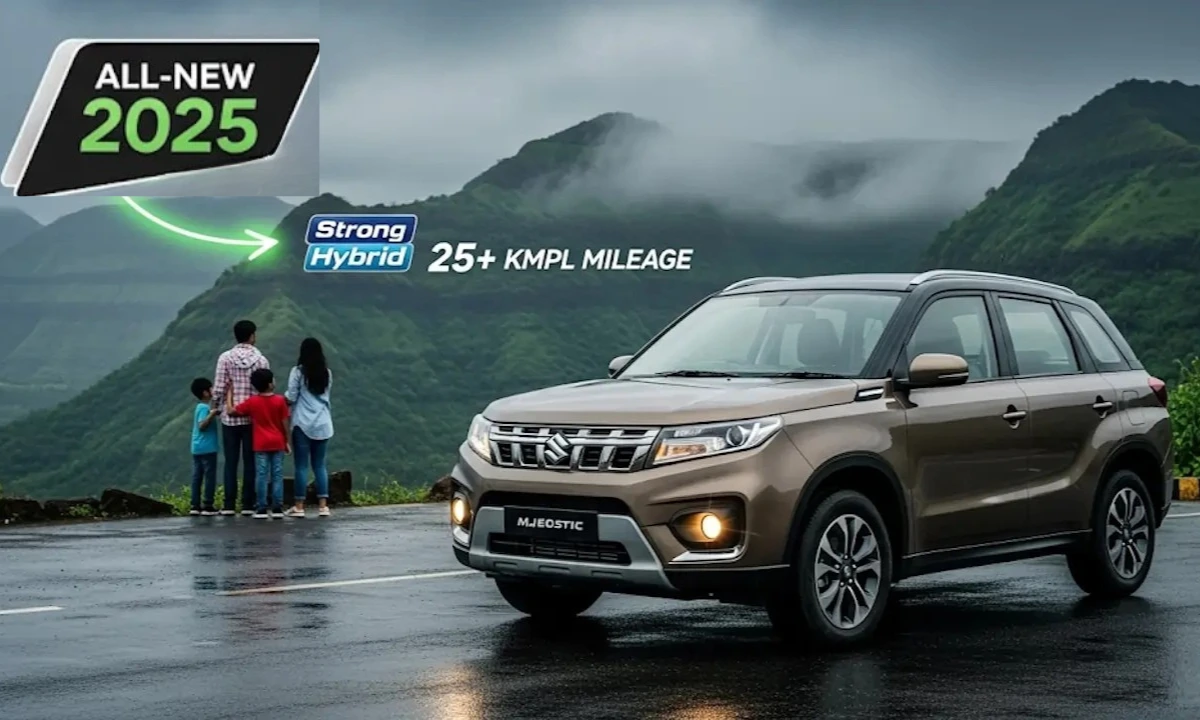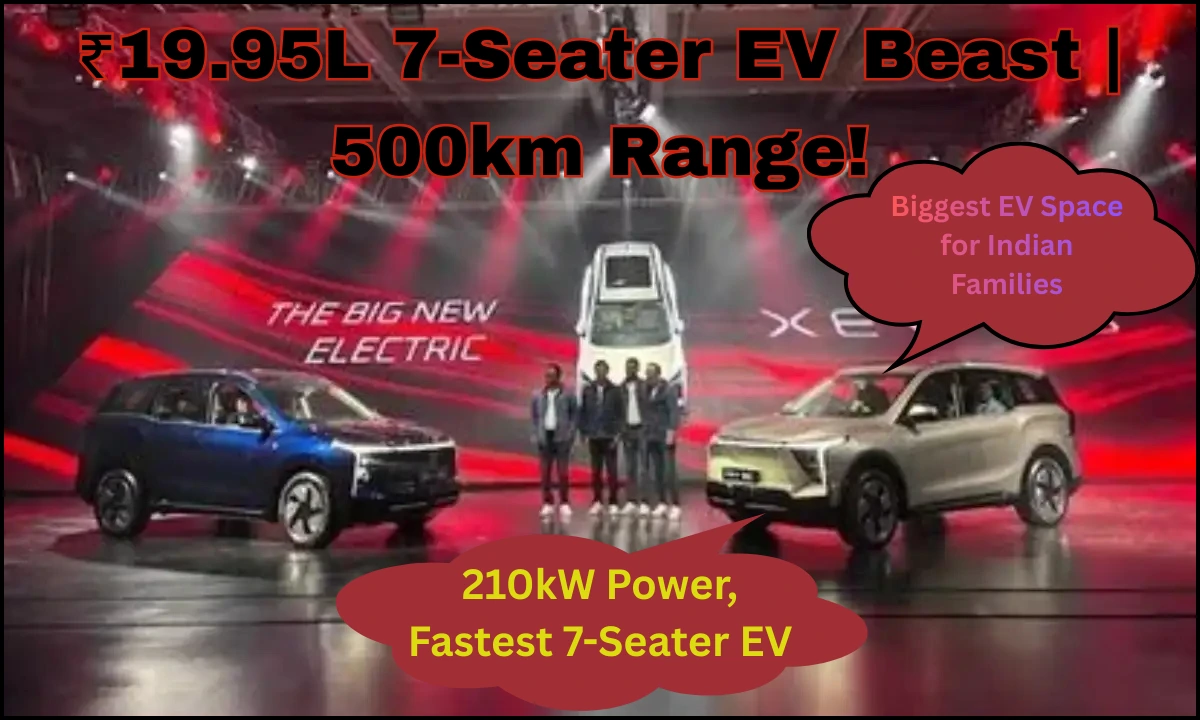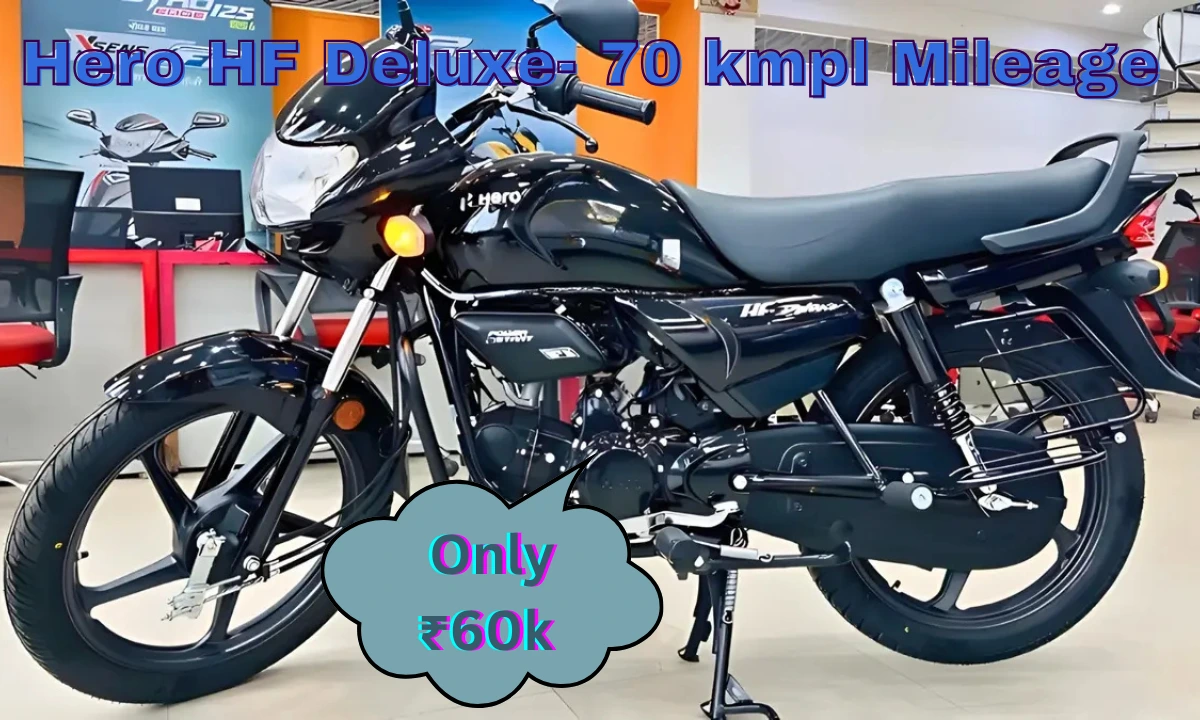Petrol vs Diesel Car: The eternal debate between petrol and diesel cars continues to evolve in 2025, with changing fuel prices, environmental policies, and technological advancements reshaping the automotive landscape in India. If you’re planning to buy a car this year, understanding the pros and cons of each fuel type is crucial for making an informed decision.
Petrol vs Diesel Car : Current Fuel Price Scenario 2025
As of June 19, 2025, fuel prices in India stand at approximately:
- Petrol: ₹94.77 per liter in Delhi, ₹103.50 per liter in Mumbai
- Diesel: ₹87.67 per liter in Delhi
The price gap between Petrol vs Diesel Car has narrowed significantly over the years, making the fuel cost advantage of diesel cars less pronounced than before. This reduced margin has made petrol cars more appealing to buyers who previously would have automatically chosen diesel.
| Fuel Type | Delhi Price | Mumbai Price |
|---|---|---|
| Petrol | ₹94.77 | ₹103.50 |
| Diesel | ₹87.67 | – |
Also read : Why CNG Cars Are Gaining Massive Popularity in India – Key Reasons Explained
Financial Comparison: Initial Cost vs Running Cost
Petrol vs Diesel: Cost Comparison
1️⃣ Purchase Price (Example: Hyundai Creta)
| Variant | Starting Price |
|---|---|
| Hyundai Creta (Petrol) | ₹11.11 lakh |
| Hyundai Creta (Diesel) | ₹12.69 lakh |
2️⃣ Annual Maintenance Cost
| Fuel Type | Estimated Cost / Year |
|---|---|
| Petrol | ₹5,000 – ₹7,000 |
| Diesel | ₹8,000 – ₹12,000 |
Fuel Efficiency
Fuel Economy Comparison: Diesel vs Petrol
| Engine Type | Mileage Advantage | Example Car | Average Mileage |
|---|---|---|---|
| Diesel | 20–25% better than petrol | Maruti Ertiga (Diesel) | ~20 kmpl |
| Petrol | – | Maruti Swift (Petrol) | ~25 kmpl |
Performance and Driving Experience
Petrol Cars
Pros: Smoother operation, quieter engine, better refinement, responsive acceleration
Cons: Lower torque output, less fuel efficient for highway driving
Best for: City driving, daily commuting, shorter trips
Diesel Cars
Pros: Higher torque, excellent highway performance, better fuel economy for long-distance travel
Cons: Noisier operation, higher vibrations, turbo lag in some engines
Best for: Highway driving, commercial use, high mileage users (>15,000 km annually)
Also read : Mahindra BE Rall-E : Production-Ready Version Spied Testing in India Ahead of 2026 Launch
Environmental Impact and Policy Changes
Emission Standards
Both petrol and diesel cars in 2025 comply with BS-VI emission norms, significantly reducing their environmental impact compared to older vehicles. However, diesel engines still produce higher NOx and particulate matter emissions.
Government Policy Shifts
The automotive landscape is experiencing major policy changes:
- Delhi’s EV Policy 2.0: Plans to restrict new petrol and diesel vehicle registrations for two-wheelers from April 2027
- Proposed Diesel Ban: Government panels have recommended banning diesel four-wheelers by 2027 in cities with over one million population
- 15-Year Vehicle Rule: From January 2025, vehicles older than 15 years must pass mandatory fitness tests
However, these are currently recommendations and draft policies. No final decision has been implemented yet for a complete diesel car ban.
Break-Even Analysis: When Does Diesel Make Sense?
To determine which fuel type is more economical, consider your annual driving pattern.
Calculate Your Break-Even Point:
If you drive more than 15,000-20,000 km annually, diesel cars typically become more cost-effective despite their higher initial price and maintenance costs. For lower annual mileage, petrol cars are generally more economical.
Example Calculation:
- Additional cost of diesel variant: ₹1.5 lakh
- Fuel price difference: ₹7 per liter
- Diesel efficiency advantage: 5 km/liter
- Break-even distance: Approximately 20,000 km annually
Technology and Engine Longevity
Engine Life:
- Petrol engines: Typically last 10-12 years with proper maintenance
- Diesel engines: Generally offer 12-15 years of service life due to robust construction
Modern Technology:
Both engine types have advanced significantly:
- Petrol engines now feature direct injection and turbocharging
- Diesel engines include sophisticated emission control systems
- Both offer similar levels of refinement in premium segments
Market Trends and Popular Models
Best Petrol Cars in 2025:
- Hyundai Creta (19 kmpl) – ₹11.11 lakh onwards
- Maruti Swift (25 kmpl) – ₹6.49 lakh onwards
- Tata Punch (18 kmpl) – ₹6.00 lakh onwards
Best Diesel Cars in 2025:
- Mahindra Scorpio N – ₹14.49 lakh onwards
- Mahindra XUV 3XO – ₹9.99 lakh onwards
- Tata Altroz Diesel – ₹8.99 lakh onwards
Future Outlook: The Electric Factor
With the government’s push toward electric mobility and potential restrictions on ICE vehicles, both petrol and diesel cars face an uncertain long-term future. Electric vehicle adoption is accelerating, with improved charging infrastructure and government incentives making EVs increasingly attractive.
Our Recommendation for 2025
| Choose Petrol If | Choose Diesel If | Consider Electric If |
|---|---|---|
|
|
|
In 2025, the choice between Petrol vs Diesel Car depends more on your specific usage pattern than ever before. The narrowing fuel price gap has made petrol cars more attractive for average users, while diesel still makes sense for high-mileage drivers. However, with evolving government policies and the electric revolution, consider your long-term plans carefully.
Given the uncertainty around future diesel regulations and the improving electric vehicle ecosystem, petrol cars might be the safer choice for most buyers in 2025, unless you have specific high-mileage requirements that justify diesel ownership.
Remember to factor in your local fuel prices, driving patterns, and long-term ownership plans when making your decision. Consider test driving both options and calculating your specific use case before finalizing your purchase.
Frequently Asked Questions – Petrol vs Diesel Car
1. Which is better for city driving – Petrol vs Diesel Car ?
Petrol cars are better for city driving due to smoother operation, lower emissions in short trips, and cheaper maintenance.
2. Are diesel cars going to be banned in India?
There are proposals to ban diesel cars in major cities by 2027, but no official nationwide ban has been finalized as of now.
3. When does a diesel car become more economical than petrol?
If you drive more than 15,000–20,000 km annually, diesel becomes more cost-effective over time despite the higher upfront and maintenance cost.
4. Do electric vehicles require less maintenance?
Yes. EVs have fewer moving parts and no engine oil, clutch, or gearbox, resulting in significantly lower maintenance costs.
5. Can I buy a diesel car in Delhi after 2025?
As per Delhi’s EV Policy 2.0, new diesel vehicle registrations might be restricted in the future, especially after April 2027. Stay updated with local regulations.
6. Which cars have the longest engine life – petrol, diesel, or electric?
Diesel engines usually last the longest (~15 years), followed by petrol (~12 years). EV batteries also last long (~8–10 years), but replacements are costly.
7. Is it safe to buy a diesel car in 2025?
Yes, but only if you plan to drive a lot (high mileage) and keep the car for the long term. Be cautious of future policy changes and resale value.
8. What’s the average mileage difference between petrol and diesel?
Diesel engines typically offer 20–25% better mileage than petrol engines, making them ideal for long-distance drivers.
9. Is CNG a better alternative than petrol or diesel?
CNG is cleaner and cheaper to run but has lower power output. It’s a good option for budget-conscious city drivers, but range and boot space are limited.
10. Should I wait for electric cars to get cheaper?
EV prices are dropping, and incentives help. But if you’re not ready now, buy a petrol or hybrid, and plan to shift to electric in 3–5 years as infrastructure improves.








